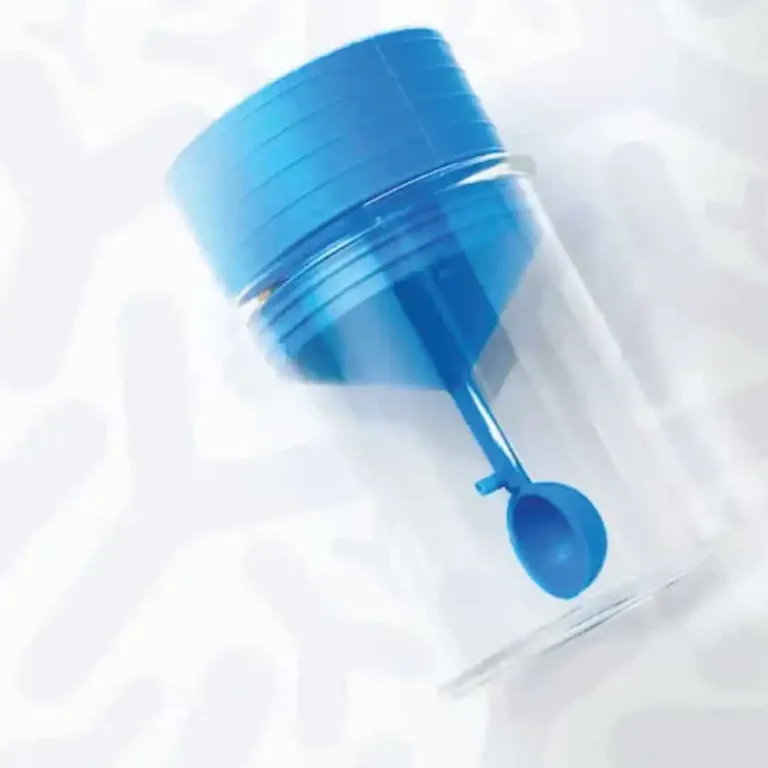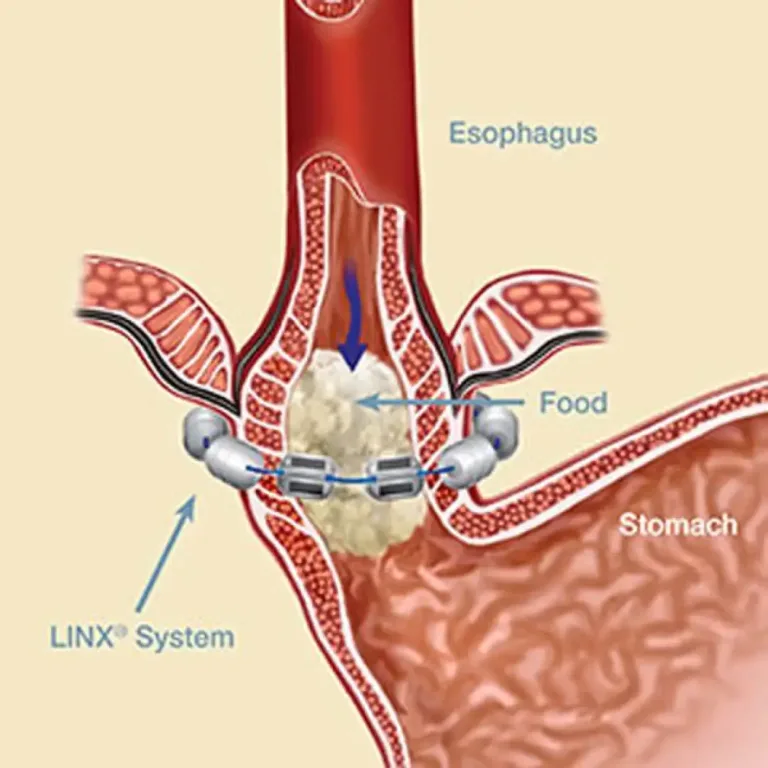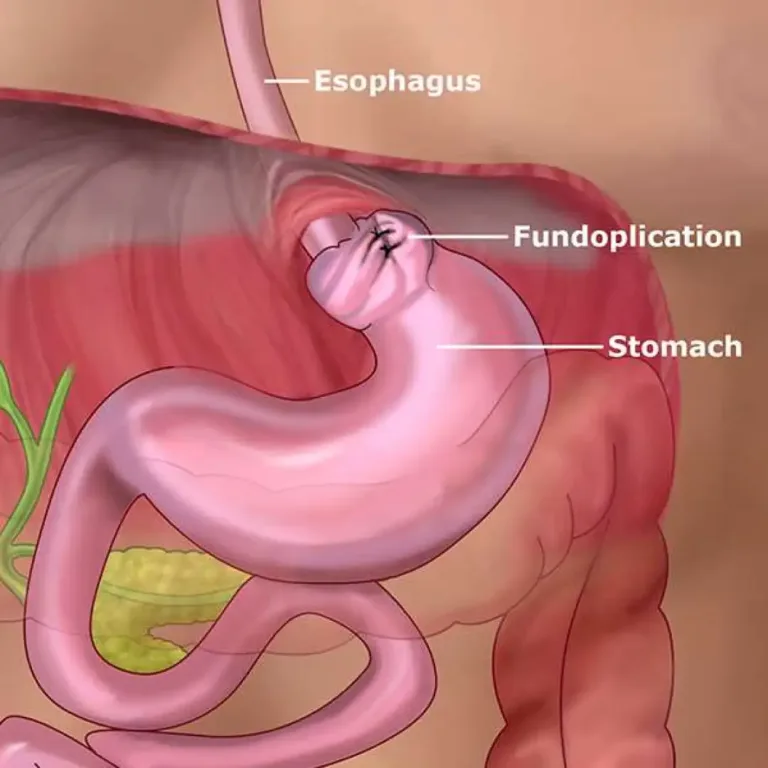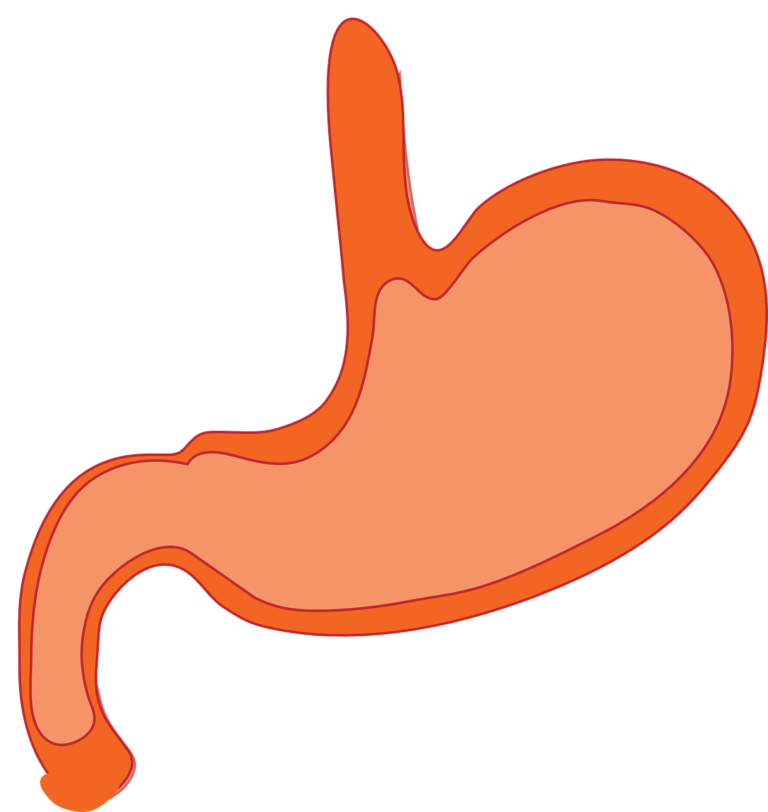Dietary Therapies: Managing Stomach Conditions
Dietary therapies can be a helpful tool in managing symptoms of conditions such as irritable bowel syndrome (IBS) and other stomach conditions. By carefully managing your diet, you can reduce discomfort and improve your overall digestive health.
A good place to start is by eating healthy, balanced meals and sticking to regular breakfast, lunch, and dinner times. Eating smaller, more frequent meals may also aid digestion. However, in some cases, additional dietary modifications may be necessary.
The low-FODMAP diet is one such modification that has gained popularity in recent years. FODMAP stands for fermentable oligosaccharides, disaccharides, monosaccharides and polyols, which are all types of carbohydrates found in foods such as fruits, vegetables, and dairy products. Avoiding high-carb foods, particularly those high in sugars like fructose and lactose, may help alleviate IBS symptoms. These sugars can be poorly absorbed in the colon and fermented by bacteria in the gut, leading to bloating, gas, and pain.
It is important to note that food intolerances are not the same as food allergies. While intolerances can create an adverse reaction in the digestive system, allergies trigger a potentially severe immune system response that can include symptoms such as swelling, rash, and difficulty breathing.
Probiotics, such as live yoghurt, kefir, kombucha, natto, and kimchi, are another dietary modification that may be beneficial in managing digestive health. Probiotics contain “friendly” bacteria that help maintain a beneficial balance of micro-organisms in the gut. Regular consumption of probiotics may help reduce inflammation, improve digestion, and boost the immune system.
Overall, carefully managing your diet can be an effective way to alleviate symptoms of stomach conditions such as IBS. While healthy eating habits are always important, additional modifications such as the low-FODMAP diet and probiotic consumption may be necessary for some individuals. If you are experiencing persistent digestive issues, it is always recommended to consult with a healthcare professional to determine the best course of treatment.





